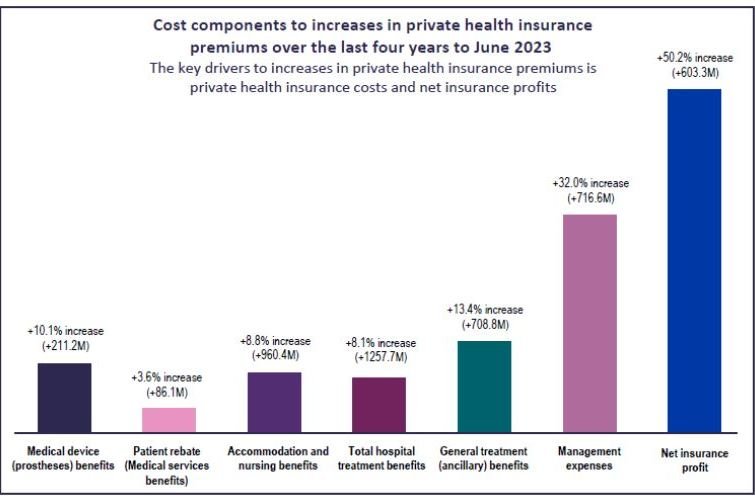The High Court of Australia has today allowed the ABCC Commissioner’s appeal, holding that Courts must impose penalties on offenders that adequately deter them and others from repeatedly breaking the law.
Today’s judgment follows a 2019 Federal Court decision of Justice Snaden, in which he imposed the maximum penalty ($63,000) on the CFMMEU for contravening the freedom of association protections in the Fair Work Act.
The Court found CFMMEU shop steward Kevin Pattinson told two electrical workers engaged to install solar panels at a new student accommodation facility at Monash University’s Peninsula campus in Frankston, that they had to become members of the union before they could work at the construction site.
Justice Snaden found:
“… Mr Pattinson’s conduct was but another example of a site level delegate of the Union’s implementing its ‘no ticket, no start’ policy at an Australian construction site. That policy has been the subject of judicial criticism on many occasions and has cost the Union and its members substantial sums of money in penalties. That it continues to be effected by the likes of Mr Pattinson can only be because those more senior in the Union’s hierarchy have endorsed it (whether expressly or by their abject failure to eliminate it).”
The CFMMEU appealed the decision. In October 2020 the Full Court of the Federal Court upheld the appeal and ordered reduced penalties to be imposed on Mr Pattinson and the CFMMEU.
The ABCC Commissioner subsequently appealed the Full Court’s unanimous decision to the High Court of Australia.
In handing down its judgment today, the High Court said:
“The circumstance that the CFMMEU has continued to breach s 349(1), steadfastly resistant to previous attempts to enforce compliance by civil penalties fixed at less than the permitted maximum, is a compelling indication that the penalties previously imposed have not been taken seriously because they were insufficient to outweigh the benefits flowing unlawfully to the contravenor from adherence to the “no ticket, no start” policy. To the contrary, the CFMMEU’s continuing defiance of s 349(1) indicates that it regards the penalties previously imposed as an “acceptable cost of doing business.”
In considering the circumstances of the CFMMEU, the High Court said:
“In the present case, the CFMMEU’s determination and financial ability to adhere to its “no ticket, no start” policy in defiance of the law are indisputably the most significant considerations in the assessment pursuant to s 546 of what is reasonably necessary to deter further contraventions of a like kind.”
In conclusion, the High Court found:
“Where it is evident that a contravention has occurred as a matter of industrial strategy pursued without regard for the law, it is open to a court acting under s 546 reasonably to conclude that no penalty short of the maximum would be appropriate….
“…the CFMMEU’s tenacity in adhering to [its no-ticket no-start policy] reflects a calculation on its part that the industrial benefits from that adherence are such that the lesser penalties previously imposed are a price worth paying so that it can continue to have its way.”
In response to the High Court’s decision, ABCC Commissioner Stephen McBurney said:
“The High Court has today confirmed that the purpose of a civil penalty is primarily, if not solely, the promotion of the public interest in compliance with the law by the deterrence of further contraventions of the law.
“Civil penalties should never be treated as the cost of doing business. The ABCC is committed to ensuring that those who break the law are held to account for their unlawful conduct to the maximum extent available under the law.”
The High Court has restored the original maximum penalty on the CFMMEU of $63,000 and the penalty of $6,000 on Mr Pattinson.







